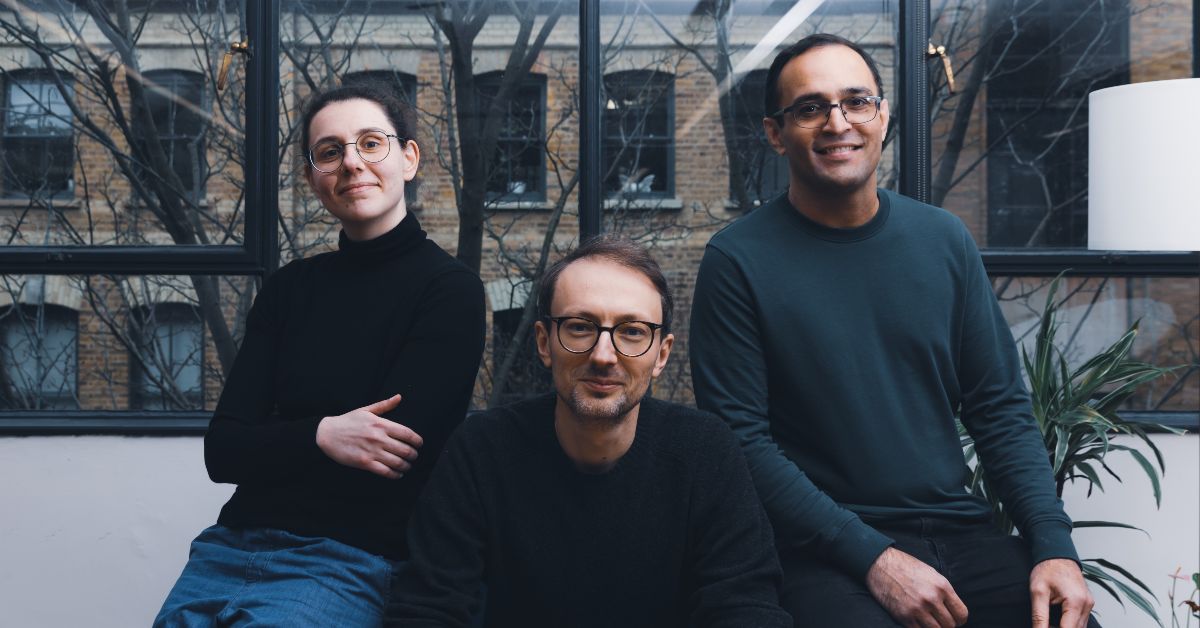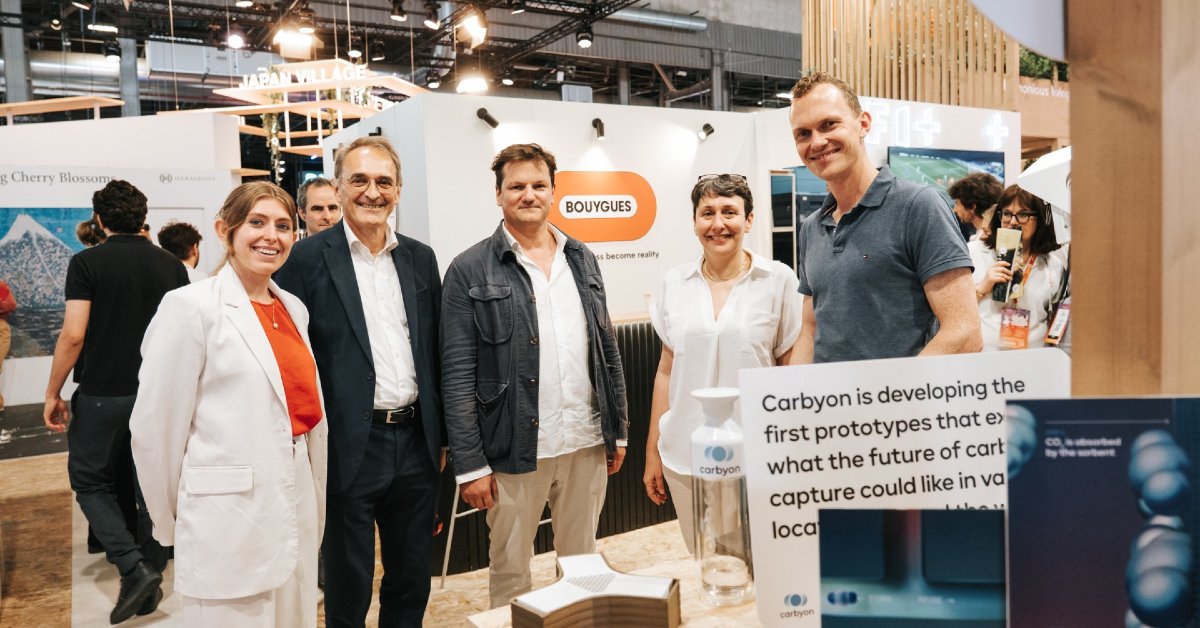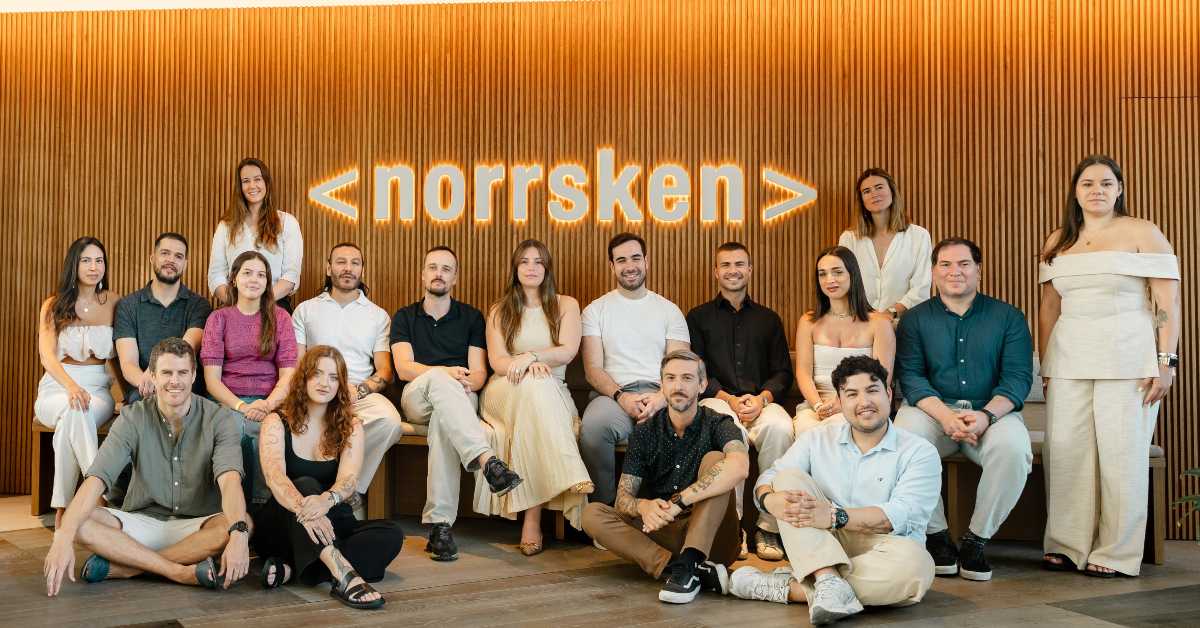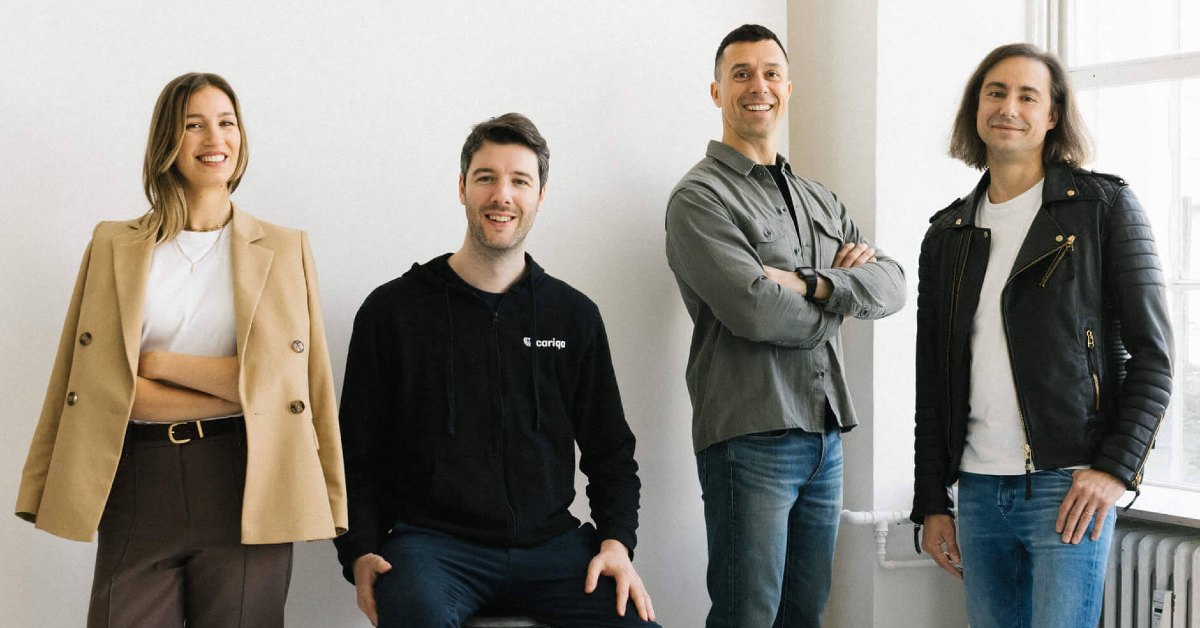COVID-19 pandemic has completely transformed the way we travel in the city. In the current scenario, the continued growth in the global demand for mobility is trending and gradually remodelling the mobility industry too.
Luna and Voi Technology partnership
In current development, a Dublin-based micro-mobility startup Luna and Sweden-based Voi Technology, an e-scooter operator, have partnered up with a goal to improve e-scooter safety by tackling two key issues – pavement riding and pedestrian detection.
The technology
Luna’s technology will be integrated on Voi’s fleet so that scooters can sense their environment and react accordingly to protect riders and pedestrians. With this, Voi claims that it has become the first scooter operator in the world to offer real-time pedestrian detection.
E-scooters rely on the global navigation satellite system (GNSS) to identify the location that helps them get from Point A to Point B. GNSS is comprised of several satellite clusters, including North America’s GPS, China’s BeiDou, Russia’s Glonass, and Europe’s Galileo. However, GNSS has its limitations.
The current standard GPS in all e-scooters is the same as the GPS on a smartphone. There is only a five-to-10-meter radius of location accuracy to any particular device.
Despite good conditions, GPS accuracy of a phone has its limitations, due to various factors including:
- Multipath interferences: for example, “urban canyons”, which cause signals to bounce off multiple surfaces of tall buildings
- Ionospheric interferences: which degrade signals as they enter the Earth’s atmosphere and make it difficult to get an exact fix on a location
This technology can be seen in high-end cars and autonomous agricultural machinery, such as combines equipped with precision hardware that can harvest a field of corn to 20-centimetre accuracy. However, this technology isn’t cheap. The kit in that combine harvester could cost over $20,000 (approx €17,000). But Luna claims to have managed to reduce the form factor and building materials without reducing the accuracy and have created the same level of precision for escooters.
How it works
Founded in Dublin in 2019, Luna is a provider of smart city solutions to better manage the deployment and operation of shared micro-mobility fleets.
Luna has developed two technologies; these include:
- Centimetre-level accurate GPS technology: it provides a level of precision that allows operators and cities to control parking decisions by riders to eliminate street clutter.
- Computer vision and Edge AI technology: it allows for accurate parking in bad GPS signal locations, as well as equipping scooters with vision and sensor safety technology previously reserved for high-end cars
According to Luna, it is able to offset the inaccuracies of GNSS by overlaying a real-time kinematic (RTK) correction service on top of the “flicker” (error) in GPS to bring location accuracy to centimetre-level. “The secret sauce here is the correction service, purely on the RTK side of the tech stack, that brings the traditional GPS inaccuracy of five to 10 meters to a hyper-accuracy of five to 10 centimetres,” explains Andrew Fleury, founder and CEO of Luna.
With Luna’s computer vision technology, it can detect and count the presence of pedestrians, and with the help of a lane-segmentation algorithm, they can tell what surface or lane the scooter is being ridden on such as footpath, cycle lane, or road carriageway.
As for these cameras, they are outfitted on a select number of the Voi fleet. Riders won’t know the difference between a Luna-enabled and a regular Voi e-scooter, as the technology is incorporated into the e-scooter’s existing IoT box. “Only under close inspection will they see a camera lens on the front of the scooter,” says Furlong.
The cameras, enabled by Edge AI, will detect and process instances of pedestrian recognition and count the number of pedestrians in its field of view. The cameras do not record faces or take images, so they are compliant with GDPR and other privacy regulations.
Furlong explains, “All of this information can be processed ‘at the edge’. It doesn’t have to be sent via the Cloud to a data centre to be processed and then relayed back to the scooter 20 seconds later when it’s too late to do anything about the infraction. It’s all happening on the edge, in real-time, and that makes the scooter far more responsive to its environment.”
This partnership will help improve the operational efficiency of escooter fleets, accelerating, and sustaining their large-scale deployment for the benefit of citizens, authorities as well as the environment.
When will the trails begin?
The first phase of trials will commence this week in Northampton, UK, which will focus on pedestrian detection. The phase will also focus on data collection and will see the local Voi operations team to use Luna’s technology to enable scooters to learn their environment.
Once this phase is complete, Luna’s technology will be integrated into Voi’s e-scooters for public use in the city. Northampton’s e-scooter trial is part of a UK-wide government-led initiative to introduce e-scooters to the public as an innovative, safe, carbon-neutral, and socially distanced mode of transport.
Since its inception, Voi claims to have racked up over 30 million rides. In September, the operator was appointed by Northamptonshire County Council as the sole e-scooter operator in the county. In the same month, Voi was also selected to provide e-scooters in the West Midlands.
Image credit: Voi










01
From telecom veteran to Dutch Startup Visa success: The Jignesh Dave story